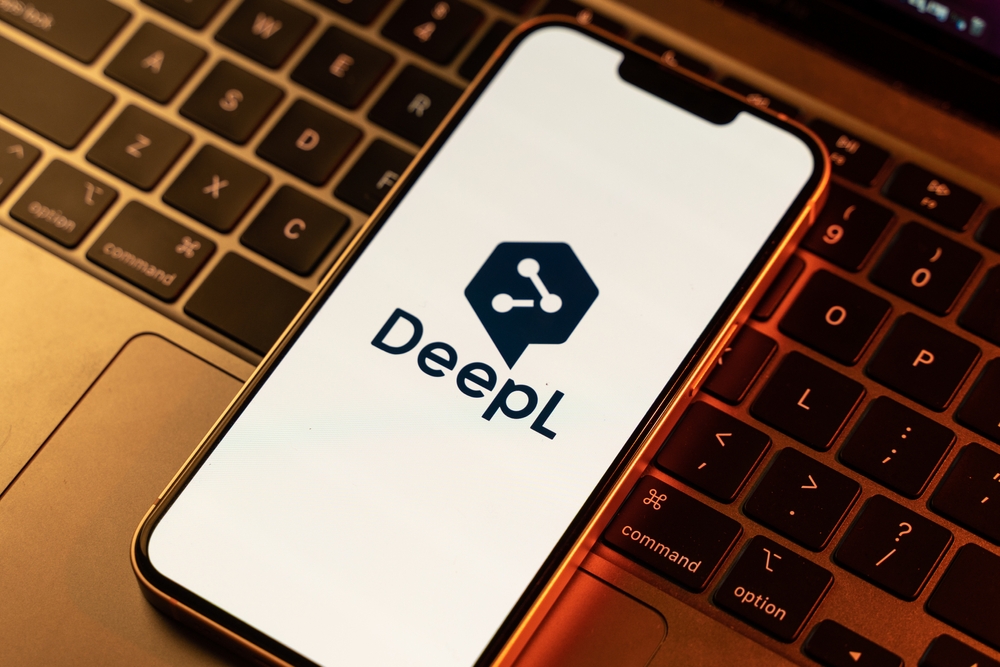German company DeepL has launched DeepL Voice, a new feature in its online translator tailored for live conversations and video conferences. This feature allows users to translate spoken speech from one language to another in real-time and convert it into text, according to TechCrunch. The release of DeepL Voice underscores a response to rising interest in AI-driven services and solutions.

High-Quality Translations Across 13 Languages
The DeepL Voice translation system, touted by the company for its “unprecedented high quality,” currently supports 13 languages: English, German, Japanese, Korean, Swedish, Dutch, French, Turkish, Polish, Portuguese, Spanish, and Italian. Text subtitles are available for an extended selection of 33 languages supported by the DeepL platform, enabling accessibility for diverse linguistic needs.
DeepL Voice offers flexibility with two operational formats. It can display translations on the phone screen in a “mirror” format for in-person meetings, allowing participants to view the translated text directly. Additionally, DeepL Voice can be used as a subtitle feature for video conferences. At present, the service integrates solely with Microsoft Teams, covering the majority of DeepL’s client base, according to founder Jarek Kutylowski. However, there has been no confirmation regarding support for other popular platforms such as Zoom or Google Meet—yet we’ll keep you updated as more integrations become available.
Future Developments and Data Privacy
According to Kutylowski, DeepL Voice marks the company’s first step into voice technology, with further advancements planned for the future. As voice translation becomes a focal area for innovation, DeepL intends to enhance the quality of its translations through in-house AI model development, particularly for real-time accuracy improvements. Kutylowski also envisions DeepL Voice as an essential tool in sectors like hospitality, where multilingual communication is a priority.
Regarding data privacy, Kutylowski emphasized that user voices processed on the company’s servers are neither stored nor used to train its models, and the company strictly adheres to GDPR and other regulatory standards, adds NIX Solutions.
Other tech companies, including Google, and startups such as Eleven Labs and Panjaya, are actively developing similar voice translation solutions, expanding competition in the audio-to-text field.
